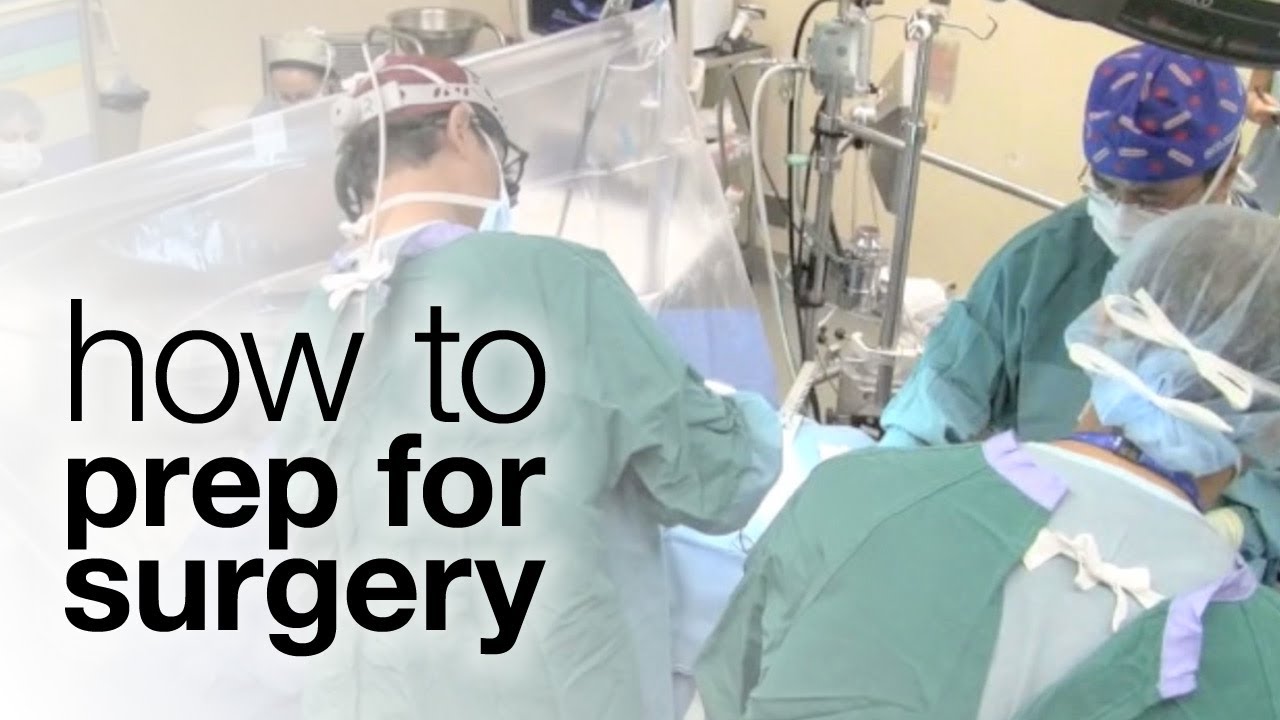At some point in our lives, many of us will have to face undergoing surgery, and whether the procedure is simple or complex, it can be a worrying time.
Much of the fear of surgery is based on the fact that it involves relinquishing control. For the period of the operation, you have no idea what is happening to you, and it is well known that loss of control is one of the major contributors to anxiety.
That’s why medical professionals, including pharmaceutical physician Erol Onel, advise patients who are scheduled to undergo surgery to ask questions of their physicians and to get as much information as possible to help reassure themselves.
Particularly for patients who are due to undergo their first surgical procedure, the anesthesia process is a significant source of worry. However, while any surgery carries theoretical risks, it is important to remember that anesthesiologists are some of the most highly trained medical professionals in the sector, and are dedicated to providing high-quality care throughout the period of time when you are unable to look after yourself.
To help put your mind at rest ahead of surgery, we’ve put together a short guide on how to best prepare yourself mentally and physically.
Meet your anesthesiologist
One important part of the pre-surgery process is to speak to your anesthesiologist beforehand. Your anesthesiologist may also assess you separately for a number of risk factors and carry out additional tests such as chest X-rays or an ECG. Remember, if you are uncertain about the process at any time, then you can ask whatever questions you like, and you can also ask for another anesthesia opinion from a specialist.
Anesthesia options
There are three basic forms of anesthesia. Local anesthesia numbs a particular part of the body, regional anesthesia covers a wider area, and general anesthesia affects your whole body. There are also different methods of administration, including inhalation and injection. By talking to your physician and anesthesiologist, you will be fully involved in the decision over which anesthesia option to take.
Pre-existing conditions
It is important that your physician and the team who are carrying out the surgery are aware of any pre-existing conditions, including heart or lung problems, high blood pressure, arthritis, diabetes or drug allergies. It is also important to be open and honest about your use of alcohol, tobacco or other drugs, as these can all have an effect on the surgical process. Giving the medical experts all the information they need is a key part of the preparation.
Medication
It is also important to keep the surgical team informed of any medications you are using, and both the dosage and the frequency. It is known that some supplements, such as ginseng, fish oils, and certain vitamins, can increase the risk of surgical complications, so make sure that you detail all of the medications and supplements you are taking well in advance.
Confirm instructions
It is common practice for a doctor or nurse to mark the place on your body where surgery is to take place with an X or to attach a colored arm or leg band to inform the surgeon and anesthesiologist about the details of the operation, and any other information. For added peace of mind, you can check these details yourself, and ask any questions that may occur to you at any stage of the build-up to surgery.
Eating and drinking
Under certain circumstances, you may be allowed to drink a small amount of water during the two hours before your anesthetic, but normally you are not supposed to drink or eat anything for up to six hours beforehand. If you do accidentally eat or drink anything during this period, then it is important to inform your anesthesiologist immediately.
Follow your physician’s advice
In the days and weeks before your operation, it is important to try to take care of yourself, and above all, to follow your physician’s advice. Surgery can be a significant stress on the body, so the healthier you are mentally and physically, the easier you will be able to cope. Try to keep to a healthy diet, get plenty of sleep, and try to avoid additional stress.
Conclusion
No one looks forward to the prospect of surgery, but it is important to remember that modern surgical practice is the safest and most patient-friendly that it has ever been. By asking questions, communicating with your physicians, and following sensible advice, you can help to prepare yourself physically and psychologically for your surgery.

